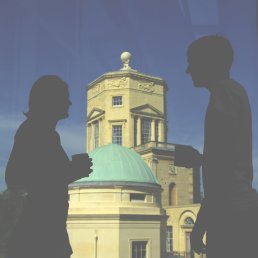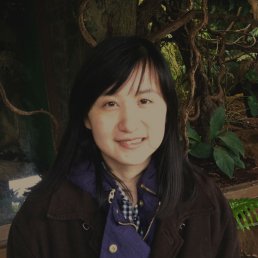From the finite Fourier transform to topological quantum field theory -- Bruce Bartlett

Abstract: In 1979, Auslander and Tolimieri wrote the influential "Is computing with the finite Fourier transform pure or applied mathematics?". It was a homage to the indivisibility of our two subjects, by demonstrating the interwoven nature of the finite Fourier transform, Gauss sums, and the finite Heisenberg group. My talk is intended as a new chapter in this story. I will explain how all these topics come together yet again in 3-dimensional topological quantum field theory, namely Chern-Simons theory with gauge group U(1).
Defects in liquid crystals: mathematical approaches -- Giacomo Canevari

Abstract: Liquid crystals are matter in an intermediate state between liquids and crystalline solids. They are composed by molecules which can flow, but retain some form of ordering. For instance, in the so-called nematic phase the molecules tend to align along some locally preferred directions. However, the ordering is not perfect, and defects are commonly observed.
The mathematical theory of defects in liquid crystals combines tools from different fields, ranging from topology - which provides a convenient language to describe the main properties of defects -to calculus of variations and partial differential equations. I will compare a few mathematical approaches to defects in nematic liquid crystals, and discuss how they relate to each other via asymptotic analysis.



